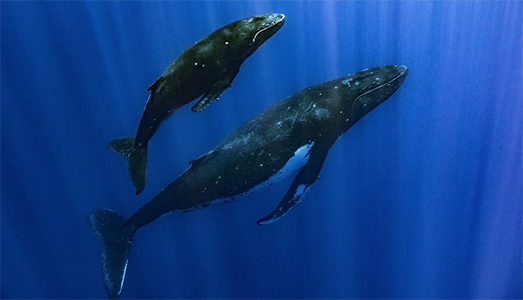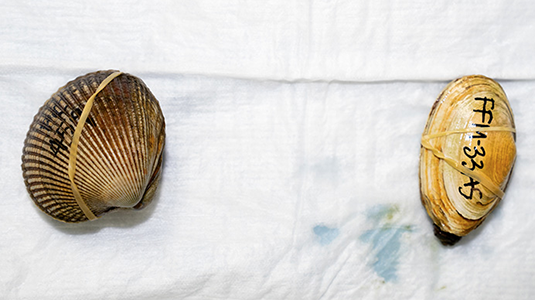||| FROM THE NEW YORK TIMES |||
For many Indigenous groups across Polynesia, whales hold an ancient sacredness and spirit that connects all life. Whales — or tohorā, as Māori call them — guided their ancestors across the Pacific Ocean. Today, those groups consider themselves to be guardians for the largest animals under the sea.
But as of Wednesday, whales are not simply animals in this region.
Indigenous leaders of New Zealand, Tahiti and the Cook Islands signed a historic treaty that recognizes whales as legal persons in a move conservationists believe will apply pressure to national governments to offer greater protections for the large mammals.
“It’s fitting that the traditional guardians are initiating this,” said Mere Takoko, a Māori conservationist who leads Hinemoana Halo Ocean Initiative, the group that spearheaded the treaty. “For us, by restoring those world populations we also restore our communities.”
Conservationists have good reason to believe they will succeed: In 2017, New Zealand passed a groundbreaking law that granted personhood status to the Whanganui River because of its importance to Māori, New Zealand’s Indigenous people.
The treaty, or He Whakaputanga Moana, which translates to “declaration for the ocean,” was signed on Rarotonga, the largest of the Cook Islands, in a ceremony attended by Tūheitia Potatau te Wherowhero VII, the Māori king, and 15 paramount chiefs of Tahiti and the Cook Islands.
**If you are reading theOrcasonian for free, thank your fellow islanders. If you would like to support theOrcasonian CLICK HERE to set your modestly-priced, voluntary subscription. Otherwise, no worries; we’re happy to share with you.**








